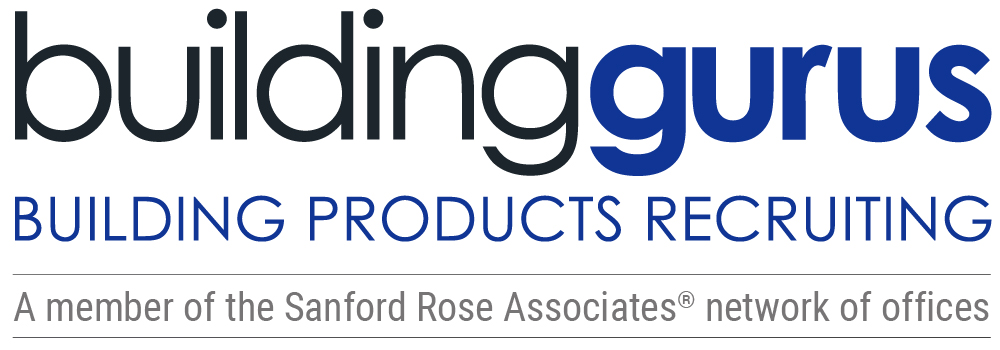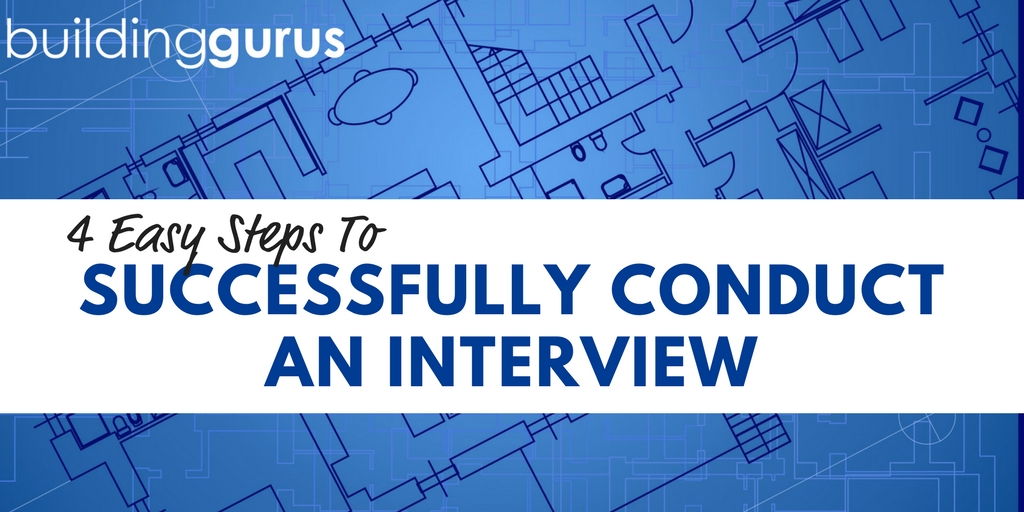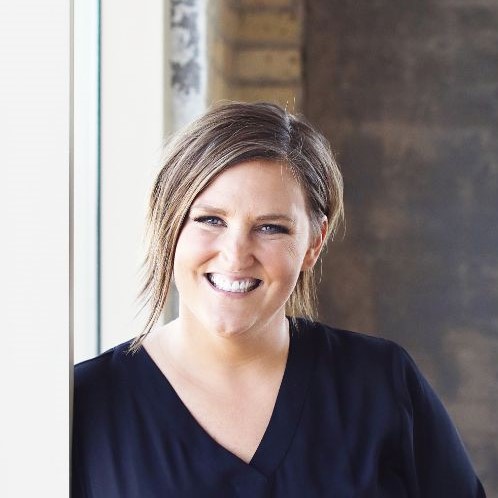I LOVE phone interviews! I love them, I swear by them, I built my business around them.
Why?
Well for starters, Building Gurus is based in the upper Midwest. Most of my clients tend to be somewhere on the coast. I can't be in two places at once and despite my raging desire, no one has invented teleportation yet.
So, I have developed a great phone interview process. But, I love them not because I have to use them. They are a super hiring tool and they can save time, money and stress.
Why Phone Interviews Are Great
I am not sure why phone interviews have a bad rap and low following. Some people feel like if it is over the phone it isn't a “real” interview. I say that is silly!
For companies, they are convenient, inexpensive and easy to set up. For candidates, they are usually much happier to spend 10 minutes on a phone call to find out the role isn't a fit than dress up, drive across town and have an uncomfortable conversation.
So, I suggest you really think about implementing phone interviews in your hiring process. The following are 4 great tips for conducting successful phone interviews:
Lay The Foundation
To really set the stage for a successful interview, give as much detail in advance as you can. Talk about how long the interview will go. It will help keep you on task and let candidates know to keep their answers brief and on-point. My first phone conversations usually are 15-30 minutes tops.
Next, go over what you are going to cover. It will go much more smoothly if you remain in control and guide the process. Find out if the prospective employee has questions about the process or needs anything before you move on.

Overview
Give a brief overview of the role and the company next.
It can be as simple as “The Outside Sales Role has a $500k territory covering XYZ counties, selling aluminum windows and doors to big box stores and 2-step distributors. The role focuses about 50/50 on caring for existing customers and hunting for new business. Our company has been family owned since 1937 and we are the 2nd largest manufacturer in a 10 state radius.” Something to that effect.
You are giving a good bit of information and not taking up a lot of time. The candidate should be able to see pretty quickly if their background and experience is a match.
The Necessities
Then, start covering what you need to know. You are looking for anything that knocks them out of the running.
It might be they need: outside sales experience managing at least a $350K territory, be able to work every other Saturday and experience with 2-step distribution, for example.
Cover the hours, job requirements, etc. and ask questions related to each. By the time you get through about 5 minutes of deal-breakers, you should know if the candidate has the right background for your needs. This is the time to have a preliminary talk about salary. You don't want to get 3 steps into the interview process and realize they need $45,000 more than you can pay.
Take a break and ask if there is anything the candidate needs clarification on. Find out if they are still interested before you move forward.

Experience
Next, find out whether the candidate has the background and skills necessary. Ask lots of functional questions to determine if they will be a good fit for the company.
Examples:
-
-
- What products have you sold in the past and in what channel or niche?
-
-
-
- Talk about experience managing a team in the building products industry?
-
-
-
- What size territory have you managed with windows and doors?
-
-
-
- What was your growth last year in your territory?
-
-
-
- How many new customers have you brought on in the last 6 months?
-
You are really trying to find out if they can do the job, not if they will be the best candidate at this point. So, I try to stick with background questions, and just get the information I need. Future interviews can cover the behavioral and situational questions.
Closing
By now, you should have enough information to decide if they will move on to the next stage. If you aren't sure, ask more follow-up questions until you know.
-
- If you know they are moving forward, set up a time for the next interview step or let them know when they will hear from you. I would try to emphasize that they seem like a good fit – but don't give false hope. Try “I really like your background and experience, let's set up a meeting with our XYZ for next week.” or “You have a great background that seems like it could be a match. I have 3 other candidates to talk to this week – I will be in touch on Monday to talk about the next steps.”
-
- If they aren't moving forward, you can decline them at this point. I would say something like “Thank you so much for talking with me today! Unfortunately, your territory size and product mix isn't a match for this role. If we have anything in the future that is a better fit, I will be sure to get in touch. I wish you the best of luck in your career and thank you for your time.”
-
- If you aren't comfortable, just let them know what happens next. “I have a few more phone interviews today and tomorrow and then I will be reviewing all my notes. I will be in touch with all of the candidates to let them know the next steps by Wednesday next week.”
-
- Giving them the courtesy of knowing where they stand or what they can expect next is a great way to demonstrate your employer branding.
Phone interviews are a fantastic part of a successful hiring toolkit. I suggest you start implementing them into your hiring routine!
Are you having a hard time interviewing over the phone!










